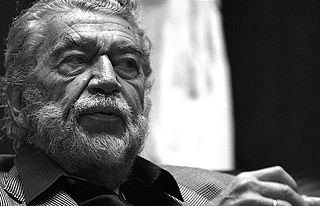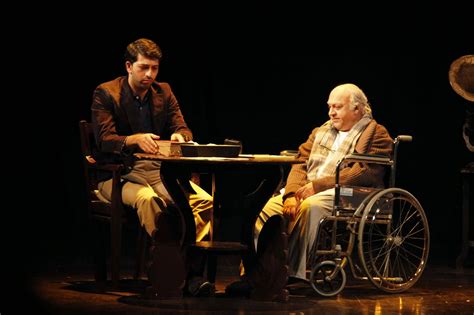A Quote by Philippe Falardeau
That's grossing money for other people that has a multiplying factor, but the government doesn't see that. It doesn't see that making a film or culture or art is part of our economy. But the main reason is this, it's part of our identity. I think cinema is the memory and the imagination of the country. Take the memory and imagination out of an individual and he's stops being an individual.
Related Quotes
Black people in the US are told all the time, from all aspects, that they're nothing, that they're less than. And of course that bears fruit, but no one wants to shoulder part of the blame. A lot of people here can't see around their own family's history. They don't want to see that where they come from and the people they surround themselves with might have played a role in all this. This is all part of our national myth about the individual. We think that a lack of success comes from the individual not working hard enough. A lot of people in this country really believe that.
Most of our difficulties, our hopes, and our worries are empty fantasies. Nothing has ever existed except this moment. That's all there is. That's all we are. Yet most human beings spend 50 to 90 percent or more of their time in their imagination, living in fantasy. We think about what has happened to us, what might have happened, how we feel about it, how we should be different, how others should be different, how it's all a shame, and on and on; it's all fantasy, all imagination. Memory is imagination. Every memory that we stick to devastates our life.
People are only mean when they're threatened… and that's what our culture does. That's what our economy does. Even people who have jobs in our economy are threatened, because they worry about losing them. And when you get threatened, you start looking out only for yourself. You start making money a god. It is all part of this culture.
We fight for territory. We see it in our Congress, we see it in our political systems, we see it in our ways of life, how separated we are. When we moved out of the cities and we lost all of the memory that was in cities, and we - one of the highest achievements in our culture is to be able to segregate yourself from everyone else, and the deep thing is the deepest punishment is solitary confinement.
We no longer see the evolution of the nervous system, but that of a certain individual. The role of the memory is very important but... not as important as we believe. Most of the important things that we do don't depend on memory. To hear, to see, to touch, to feel happiness and pain; these are functions which are independent of memory; it is an a priori thing. Thus, for me, what memory does is to modify that a priori thing, and this it does in a very profound way.




































